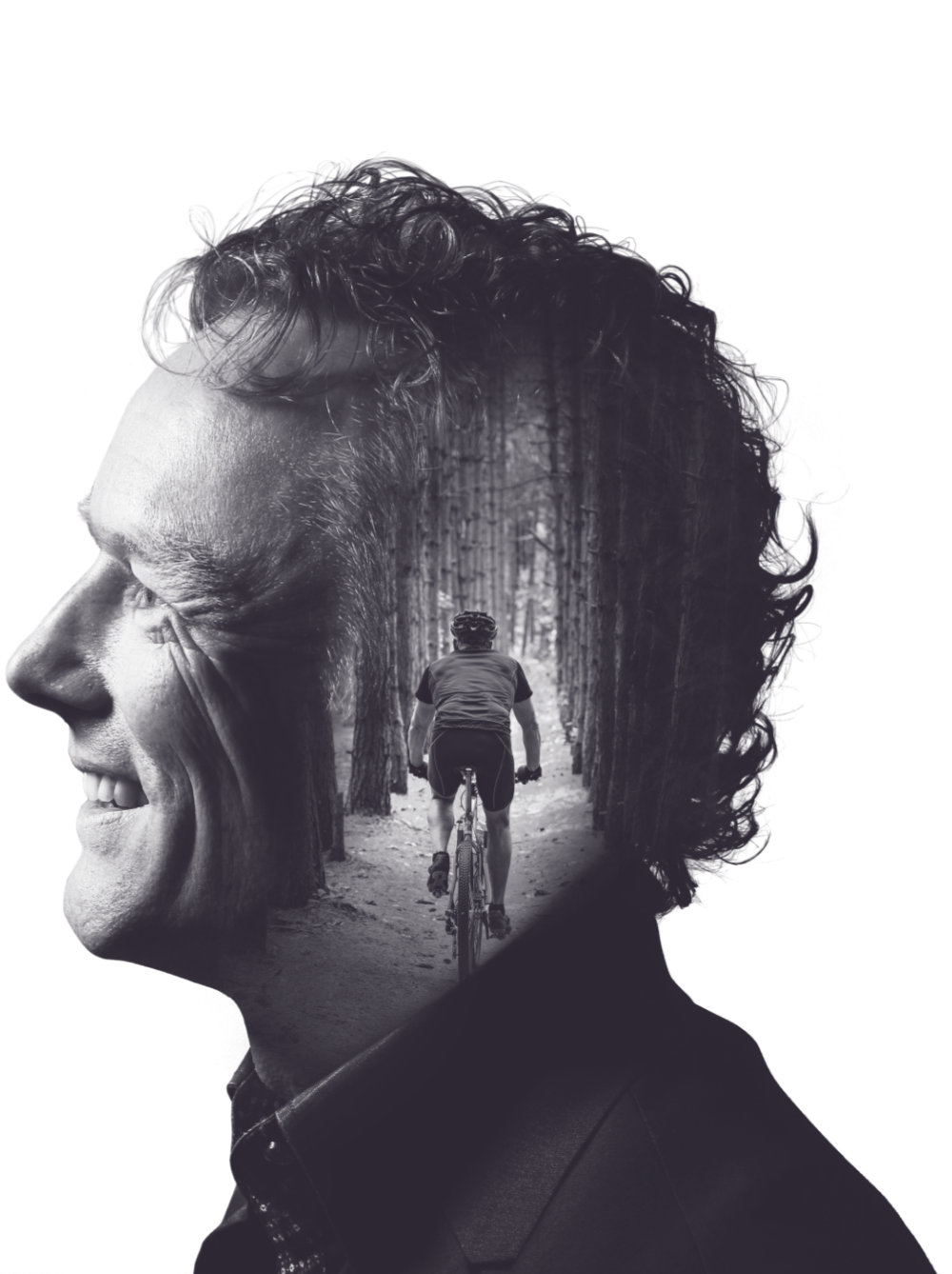I am in a relationship with my brain. What does that even mean? A few years ago, I wouldn’t have known how to assess that—let alone why it mattered.
At TLH, we ask this question as part of our Discovery Tool®, and it sparks fascinating discussions with leaders and teams. After all, how often do we stop to think about how we interact with our own minds?

Looking back on my years leading large teams and managing P&Ls, I wish I had understood this sooner. I now realise that a strong relationship with my brain would have made me a better leader—someone who could prioritize more effectively, maintain higher productivity, and be fully present for both colleagues and loved ones.
Now, I see that I can work with my brain, rather than simply reacting to its impulses. I don’t have to be controlled by overthinking, stress, or distraction. Instead, I can pause, listen to what my brain is telling me, and choose my response. It’s not easy, but the effort is worth it.
I, like many others, spend time thinking about how to make my body work better for me. In my case, I do weights to strengthen my bones and build muscle mass; I do reformer Pilates to build strength and core stability; I do hot yoga to build flexibility; and I walk my dogs for movement and fresh air. What’s exciting is that all of these activities will make my brain work better for me – if you move, you think. How often do we actively think about wellbeing for our brain?

The foods that I incorporate into my diet because I believe they help my body, also help my brain – proteins, anti-oxidants and healthy fats (I still love avocados more than I should for their impact on the planet). Those exercises I do for my body also improve blood flow to the brain and improve memory and focus. OK, I could still be getting better sleep (don’t try a self-build home if you want sleep to be a priority!) and I could cut down further on screen time and processed foods (I love cake), but just being conscious about how we fuel our brains is an important step forward.
I also focus on learning as a fantastic workout for my brain – learning encourages neuroplasticity, which is your brain’s ability to adapt and rewire itself. I learn from our TLH Belief Partners who teach me new things about the world of high performance, I learn from our TLH Academic Partners who teach me the basics of neuroscience and importantly, I learn every single day from my colleagues and our amazing clients.
So, how’s your relationship with your brain? Are you thinking about what fuel your brain needs? Try noticing your thought patterns today—are they helping you, or are they running the show?
Sally Storey is a Transformation Partner at The Leadership High. See more about Sally and the TLH Team here.
The Leadership High work with leaders and teams to build trust by making confidence a habit. Get In touch here to set up a call if you want to discuss how we can work with you and/or your team. Su***@th***************.com

